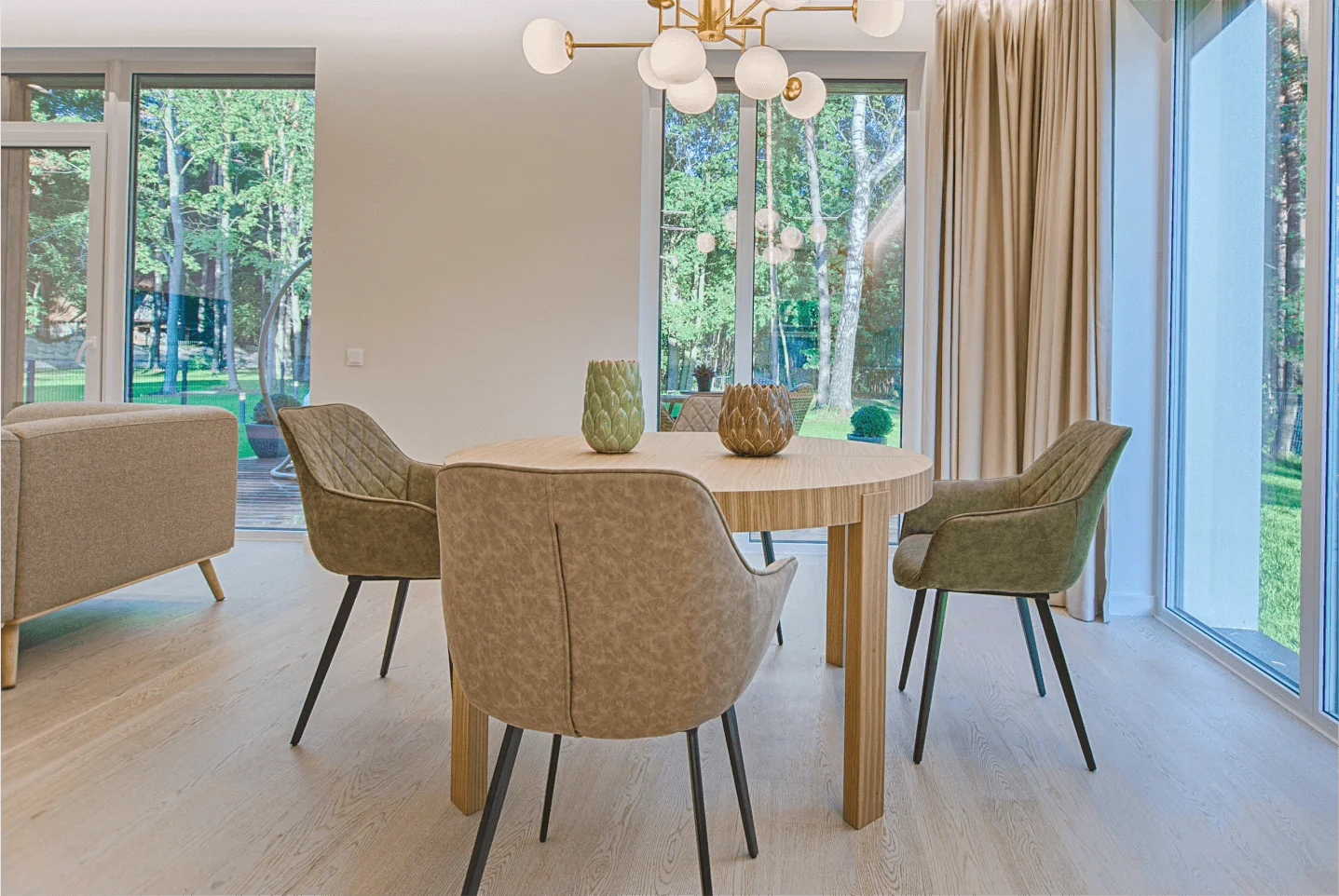
Finding the perfect home is a significant milestone for many individuals and families. Whether to buy or rent a home is a critical decision that requires thoughtful consideration of various factors. As a skilled mortgage loan officer, it's my goal to provide valuable insights to help you make an informed decision that aligns with your unique circumstances and goals.
Each option has its own set of advantages and considerations, and understanding them is essential in making the right choice for your financial well-being. Let's delve into the nuances of both buying and renting to help you gain a comprehensive understanding of each approach.
Purchasing a home is often seen as a significant milestone and a long-term investment. When you buy a home, you are not only securing a place to live, but you are also investing in an asset that has the potential to appreciate over time. Additionally, homeownership offers stability and a sense of permanence that renting may not provide.
Another advantage of buying a home is the potential for tax benefits. Homeowners may be eligible for tax deductions on mortgage interest and property taxes, which can contribute to significant savings over time. Moreover, owning a home allows you the freedom to personalize and make modifications to the property according to your preferences.
On the flip side, buying a home requires a substantial upfront investment, including a down payment, closing costs, and ongoing maintenance expenses. It also ties up a significant portion of your financial resources, which may limit your liquidity for other investments or unforeseen expenses. Additionally, the real estate market is subject to fluctuations, and the value of your property may not always appreciate as expected.
Renting a home offers a different set of advantages and considerations. One of the primary benefits of renting is the flexibility it provides. Renters have the freedom to relocate more easily, without the burden of selling a property. This flexibility is particularly valuable for individuals who anticipate changes in their employment or living situation.
Renting also eliminates the responsibility for property maintenance and repair costs, which are typically the landlord's responsibility. This can provide a sense of convenience and financial predictability, as unexpected maintenance expenses are not the renter's concern.
However, renting does not offer the potential for long-term equity growth that homeownership does. Rent payments do not contribute to building equity in a property, and the monthly rent is essentially a recurring expense without the potential for a return on investment. Furthermore, renters are subject to potential rent increases and changes in rental policies by the landlord.

Making the decision between buying and renting requires a thorough evaluation of your current financial situation, long-term goals, and personal preferences. Consider the following factors to help guide your decision-making process:
- Financial Stability: Assess your financial stability and ability to afford the upfront costs of homeownership, including the down payment and closing costs. Additionally, consider your ongoing financial commitments and how they align with the costs of homeownership or renting.
- Long-Term Plans: Evaluate your long-term plans and how they may impact your housing needs. Consider factors such as career prospects, family dynamics, and lifestyle preferences to determine the level of stability and flexibility you require from your housing situation.
- Market Conditions: Research the real estate market in your desired location to understand property values, rental rates, and the potential for future appreciation. Market conditions can significantly influence the financial implications of buying or renting a home.
- Personal Preferences: Reflect on your personal preferences for homeownership, such as the desire for customization, stability, and the pride of ownership, versus the flexibility and convenience offered by renting.
Ultimately, the decision between buying and renting is a highly personal one that should align with your individual circumstances and goals. As a skilled mortgage loan officer, my role is to provide guidance and support as you navigate this decision-making process.
By understanding the nuances of both buying and renting, you can make an informed decision that optimizes your home investment and supports your financial well-being. Contact me today to begin the conversation and take the next step toward achieving your housing goals.